Hilarie Burton Morgan’s Search for Justice in Small-Town USA
The former 'One Tree Hill' star is all about righting legal wrongs on the new season of her emotionally shattering true crime show.
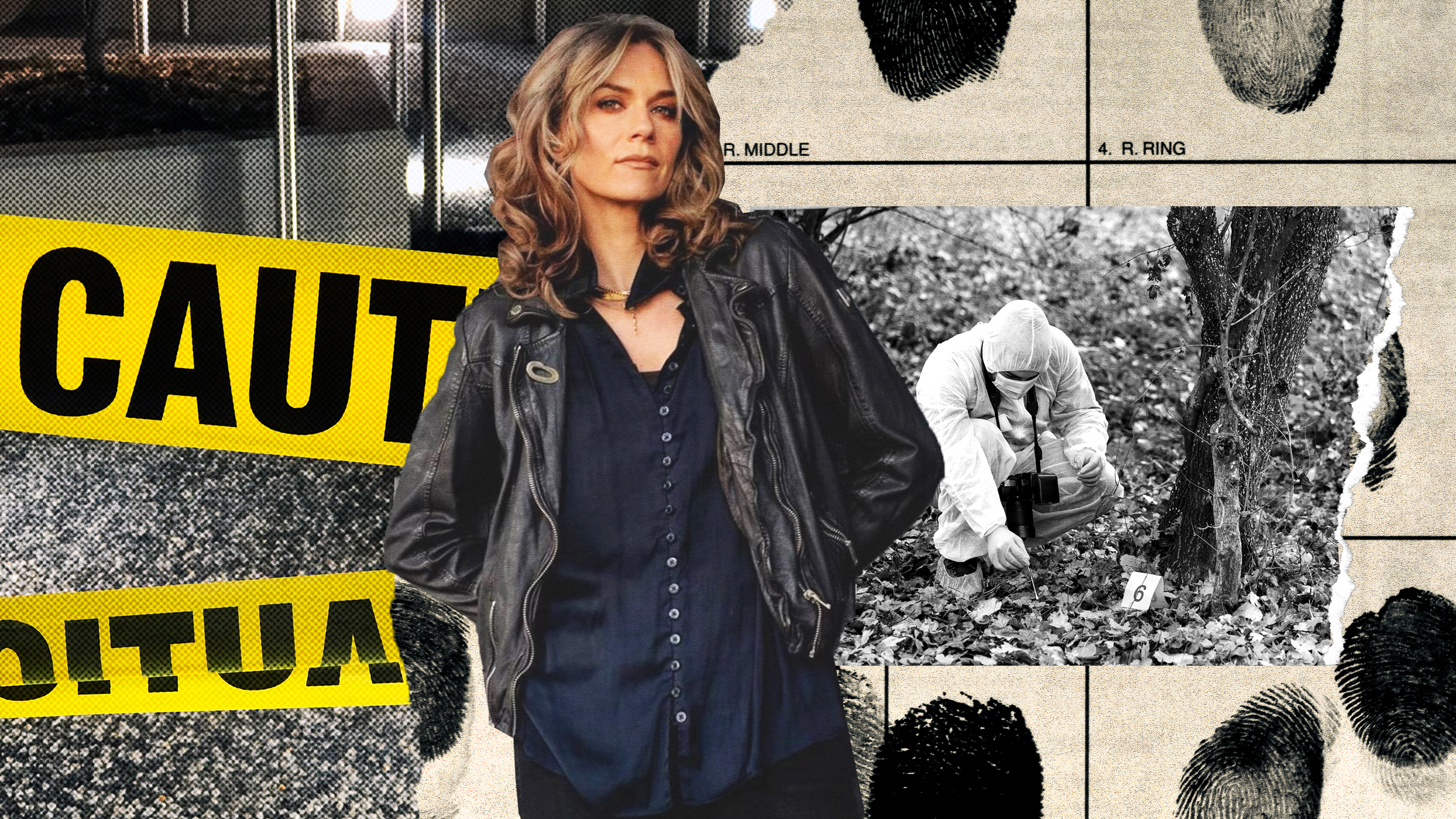
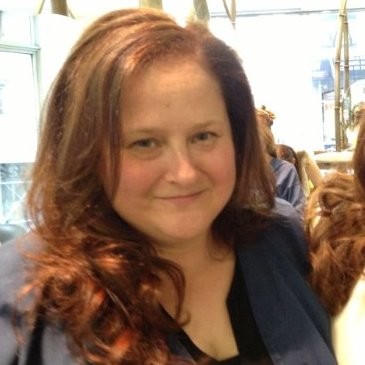
Before she was an actress, Hilarie Burton Morgan wanted to “catch bad guys” and put them away—IRL. That’s why, in college, she studied forensic psychology, which combines an interest in what makes people tick with a knowledge of the law. Of course, she didn’t need to put those skills to use for some time (you likely know her from her near-decade turn as Peyton Sawyer on early aughts hit One Tree Hill or her appearances on Grey’s Anatomy and The Walking Dead). But, today, this background serves her well: The true crime junkie is host of True Crime Story: It Couldn’t Happen Here, now in its second season, which puts a spotlight on troubling cases from small towns across America.
On the AMC/SundanceTV show, Burton Morgan goes hyper-local, interviewing family, friends, and officials involved in stories of pain and injustice that didn’t get the full national media treatment. The series has been part of the surge in public support that led to the exoneration of a man who spent two decades in jail for a Georgia murder he didn’t commit. Here, Burton Morgan discusses her pursuit of sketchy lawyers, public officials whose motives are unclear, witnesses who recanted, and family members who have been crushed by violence—and what she hopes it all can accomplish.
Marie Claire: How did you get into the true crime genre? Has it been a long-term interest of yours?
Hilaire Burton Morgan: I grew up outside of D.C., where everybody's family either worked for the military or the government. A lot of parents worked for the State Department, the Secret Service. So going into psychological forensics was my backup plan [for acting]. I decided to study at Fordham College at Lincoln Center [in NYC] because they were affiliated with the law school at Fordham University. I very much wanted to catch bad guys… [Then, in 2010] I moved to [Rhinebeck, N.Y.]. I wrote my farm book [The Rural Diaries], which was a love letter to this small town. Shortly after my book came out, there was a local trial of a young woman named Nikki Addimando.
MC: I followed that.
HBM: The ways in which she was treated by the prosecutor and by the judge overseeing the case was deeply alarming to me. But then this weird small-town thing happened where I was invited to the same charity fundraisers as the judge. So I couldn't come out and speak against him because we ran in the same circles. That was very distressing to me. I realized: If that conflict of interest could happen in my small town, it was happening everywhere. So my team put out feelers. Sundance and AMC were really wonderful about, “Hey, go out, explore! See if this is happening all over America.” It was—and it has been incredibly alarming.
Pretty much in every town we've gone to, we've encountered either a judge or a sheriff or a prosecutor or a state bureau of investigation officer—somebody—who has been unceremoniously removed. The cases that they've looked at over the years, the cases they've been involved in, they don't get reexamined when someone gets kicked off the bench or disbarred. These rulings stand, even though we know the person at the crux of it is corrupt. That's really frustrating to me because we have so many Americans imprisoned right now, and even if one or two percent of them who are wrongfully convicted, that's thousands of people. It's thousands of innocent people sitting in prison. There are resources like advocacy groups in larger cities; small towns lack that, and so if we can provide that resource to other small towns, like where I have the privilege of living, that's a worthwhile endeavor.
Stay In The Know
Get exclusive access to fashion and beauty trends, hot-off-the-press celebrity news, and more.
[Addimando’s] family is still fighting for her to be exonerated. In so many of the cases that we cover on our show, what we're witnessing is a vilification of the victim because, largely, victims don't have the resources. They can't afford a hot-shot lawyer. They can't afford to go into the city and take meetings with consultants and all the things that people with money have the privilege of. So what ends up happening is you're appointed a public defender, or—if you're the person who has had violence committed against them—the sheriff comes in and is like, “Hey, sorry. Tough break" It's wildly frustrating that the people who have law degrees, the people who have been elected, don't want the general public to know how the system works. Until you are thrust into it, until you've been accused of a crime, or until a crime happens to you, you're in the dark. Then all of a sudden you have to have a master's degree overnight to figure out how to navigate this incredibly complicated system.
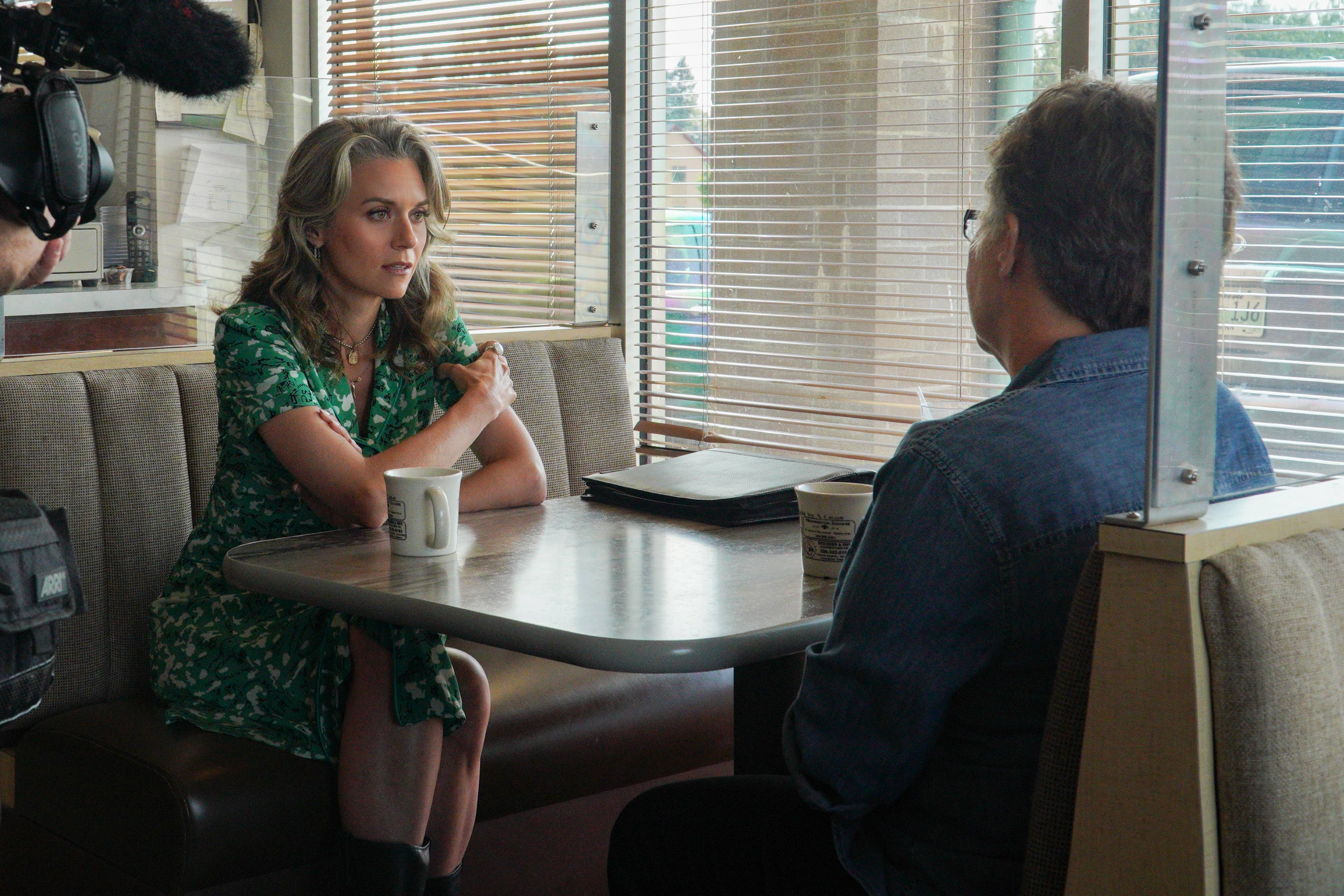
Hilarie Burton Morgan filming an episode of the second season of 'True Crime Story: It Couldn’t Happen Here'
MC: You hear the expression “rotting in jail,” and you think, How could that be? How could 20 years pass with somebody in jail in this way?
HBM: That’s exactly how that happens. The judicial system does not self-correct. When a trial happens... Let's say someone's found guilty, when they file the appeal, they usually do not get a new judge to take a look at the case and put fresh eyes on it. It goes right back before the original judge. Why would anyone say, "Oh, I messed up. I'm going to admit to all my failings here?” Same thing goes for prosecutors. The same thing goes for sheriffs and investigators. No one's going to put themself in a position where they are self-correcting and potentially hurting their chances of winning the next election.
MC: Even if it is a different prosecutor 20 years later, still, it was your office. You have a lot of the same people working there.
HBM: What we have found is that most judges come from prosecutor's offices and they run on the platform of "tough on crime." So if you're a voter in a small town and you're worried about violence in your community, “tough on crime” sounds really good, right? Yeah, I want my kids to be able to ride their bikes down the street. However, what that means is that they are going to carry that bias from being a prosecutor in the courtroom. They are just naturally going to side with the prosecutor. When defense attorneys run for judge positions, they usually get accused of siding with criminals. Oh, you defended drug dealers. You defended murderers. You defended bad guys in our community. If voters would change their perspective to realize that those defense attorneys aren't defending drug dealers, they're not defending murderers, they're defending our Constitution.
When you go in to vote, don't underestimate a defense attorney as your next judge. We really need to see a higher ratio of defense attorneys becoming judges because right now it is so heavily leaning into prosecutors moving up that ladder.
MC: Of the stories that you've covered, is there one that hit closest to home?
HBM: There's a case from last season in Tennessee that keeps me up at night. Greg Lance was a young man who was accused of a double murder when, across the street from the crime scene, lived a family of meth dealers who were nicknamed “The Murder Clan” in their town. Since the airing of our episode, we have had two people in that community come forward and sign affidavits. The Tennessee Innocence Project is spearheading this movement.
Sometimes…there's DNA evidence that has not been tested, there's fingerprint evidence that has not been tested, and the district attorney for this case is pushing back. So sitting with Greg Lance's family, sitting with his mother was— They're worth the effort and I don't know why a district attorney would stand in the way of checking their work.
I've said this a number of times: I work in an industry as an actor where, after every single take, the director comes up to me and says, "Okay, what can we change? What can we do better? How can we adjust to make the product better?" So it's baffling to me that the judicial system has the ego to not self-correct, to not do better.
MC: How does it feel to have a show that could be one of the first dominoes that pushes a case toward possible exoneration?
HBM: I love small towns. I love rural communities and, just like any relationship, if you don't address the toxic stuff, it's doomed for failure. So if I hold the same affection for a small town as I do for, let's say, my husband, I have to deal with the hard stuff with the small town so we can have a long-term relationship. And bad stuff is happening in small towns. We have to address it. We have to clean up our own backyard. We have to hold people in positions of power accountable, and that's really hard.
Hopefully we're creating a framework where someone can watch our show and say, "Oh, these are the kinds of questions I should be asking. These are the elected officials that I should keep an eye on." They can recreate what we're doing in their own small towns. The true crime genre is really predatory and you make a TV show about the worst day of someone's life. Then everyone at home gets to say, "Oh my God, that's crazy," and change the channel when it's over. These victims and their families don't do that. They carry it forever. We wanted our show to be deeply rooted in advocacy so that it became an easy thing to emulate. That is how you see something wrong in your community and you go out and you make a stink about it.
People get overwhelmed with the idea of, “Oh, I can't change the world. I can't change this country.” You can change your town. You can change your block. If you see something weird happening in your cul-de-sac, there's a framework for how you can get involved. So our show is really a call-to-arms. It's really easy to be friends with the sheriff in a small town. It's really easy to know people in high places. So getting justice for people who aren't here anymore to fight for themselves is important. Two of our eight cases this year are from people who DM’ed me after last season.
We're trying to lead by example so other people can be just as rowdy. We have to get rowdy and involved.
MC: Making mischief!
HBM: Yeah. Good mischief, man.
Maria Ricapito is a writer who lives in the Hudson Valley.
-
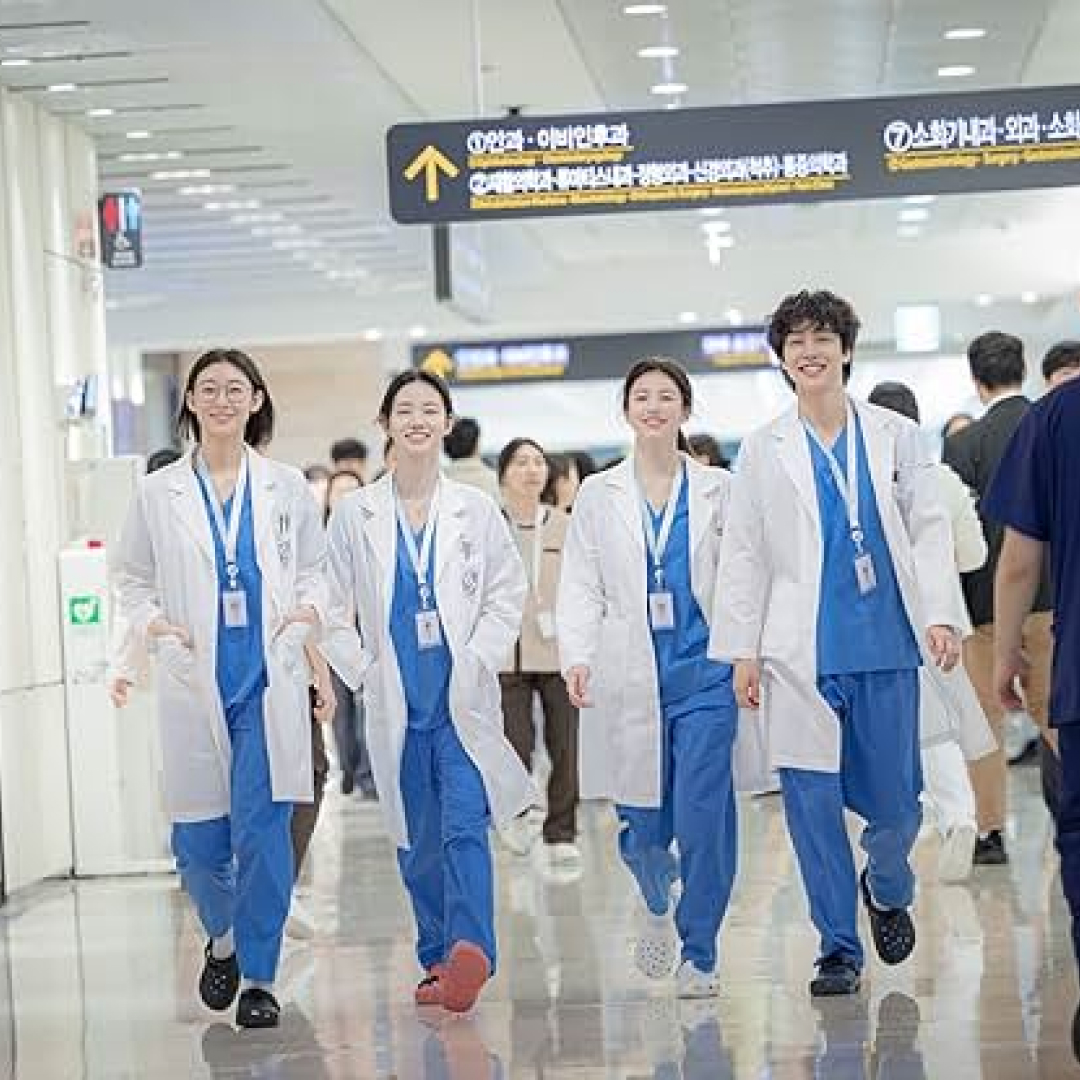 What to Know About the Cast of 'Resident Playbook,' Which Is Sure to Be Your Next Medical Drama Obsession
What to Know About the Cast of 'Resident Playbook,' Which Is Sure to Be Your Next Medical Drama ObsessionThe spinoff of the hit K-drama 'Hospital Playlist' features several young actors as first-year OB-GYN residents.
By Quinci LeGardye
-
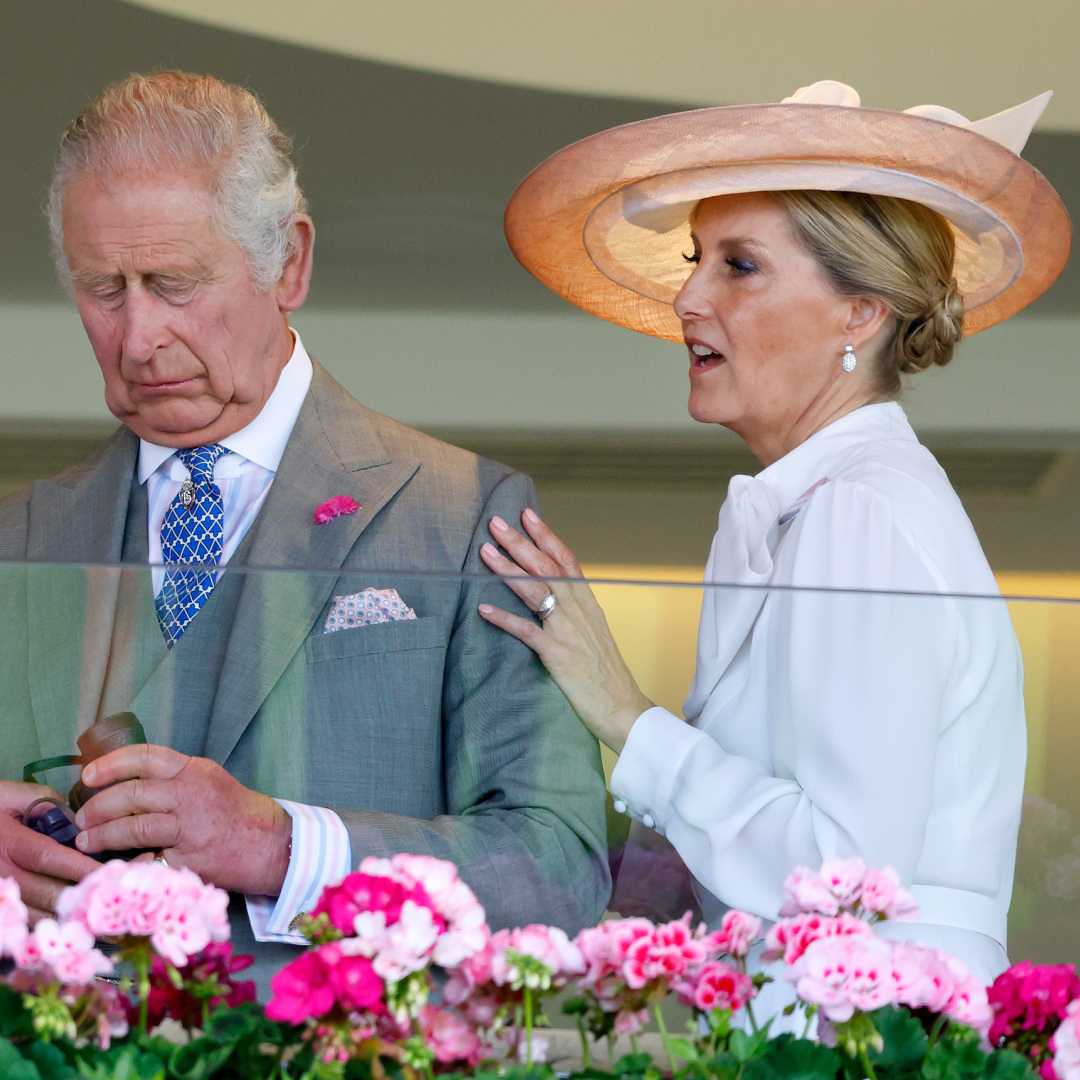 Duchess Sophie Stepped Up to Represent King Charles at Event Amid Calls for King Charles to "Slow Down"
Duchess Sophie Stepped Up to Represent King Charles at Event Amid Calls for King Charles to "Slow Down"The Duchess of Edinburgh filled in for The King at the Royal Military Academy Sandhurst.
By Kristin Contino
-
 See the Top-Scoring WNBA Draft Looks
See the Top-Scoring WNBA Draft LooksThis year's rookie class came to win.
By Halie LeSavage
-
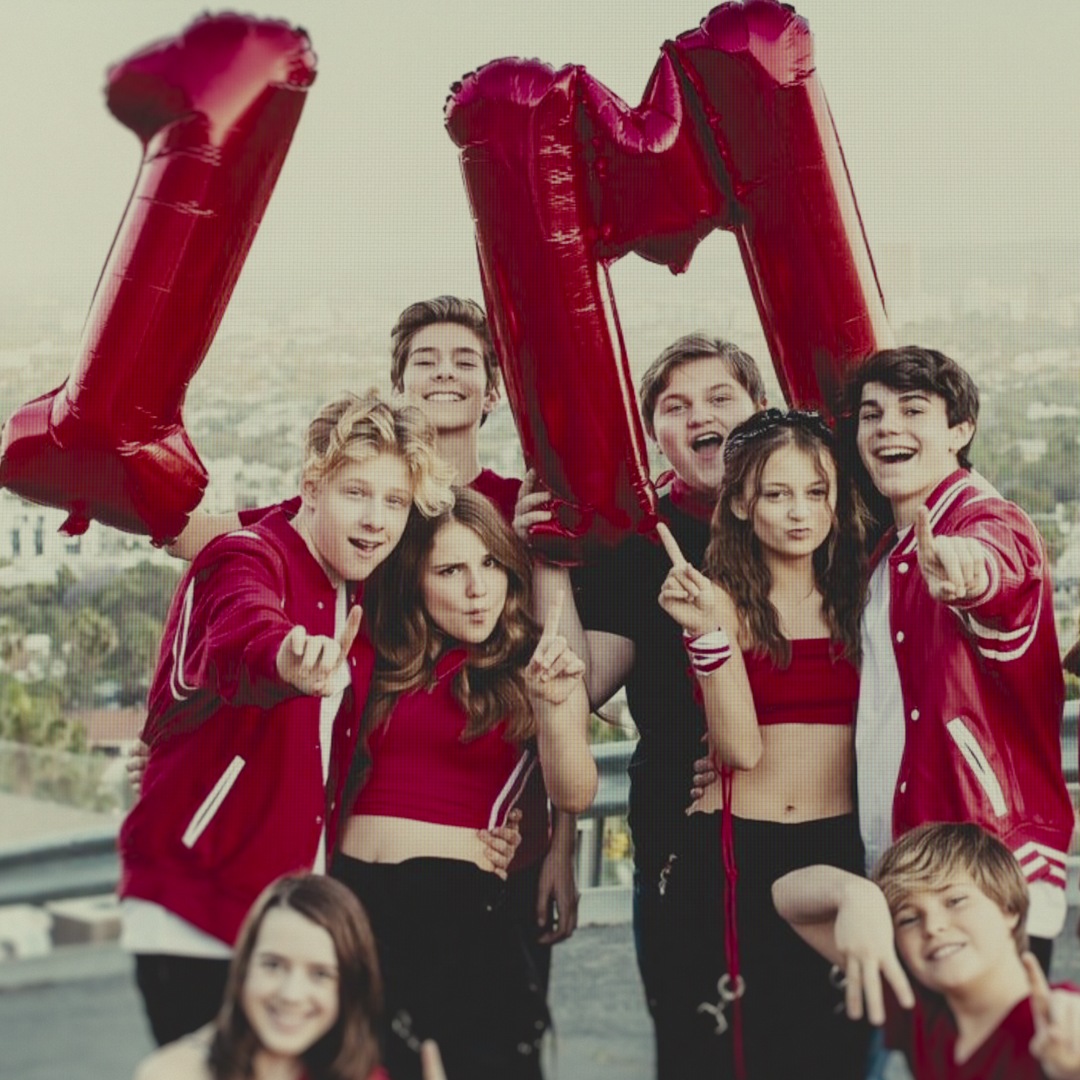 Where Are the Members of The Squad From 'Bad Influence: The Dark Side of Kidfluencing' Now?
Where Are the Members of The Squad From 'Bad Influence: The Dark Side of Kidfluencing' Now?The names in the Netflix docuseries have fallen out of touch with subject Piper Rockelle.
By Quinci LeGardye
-
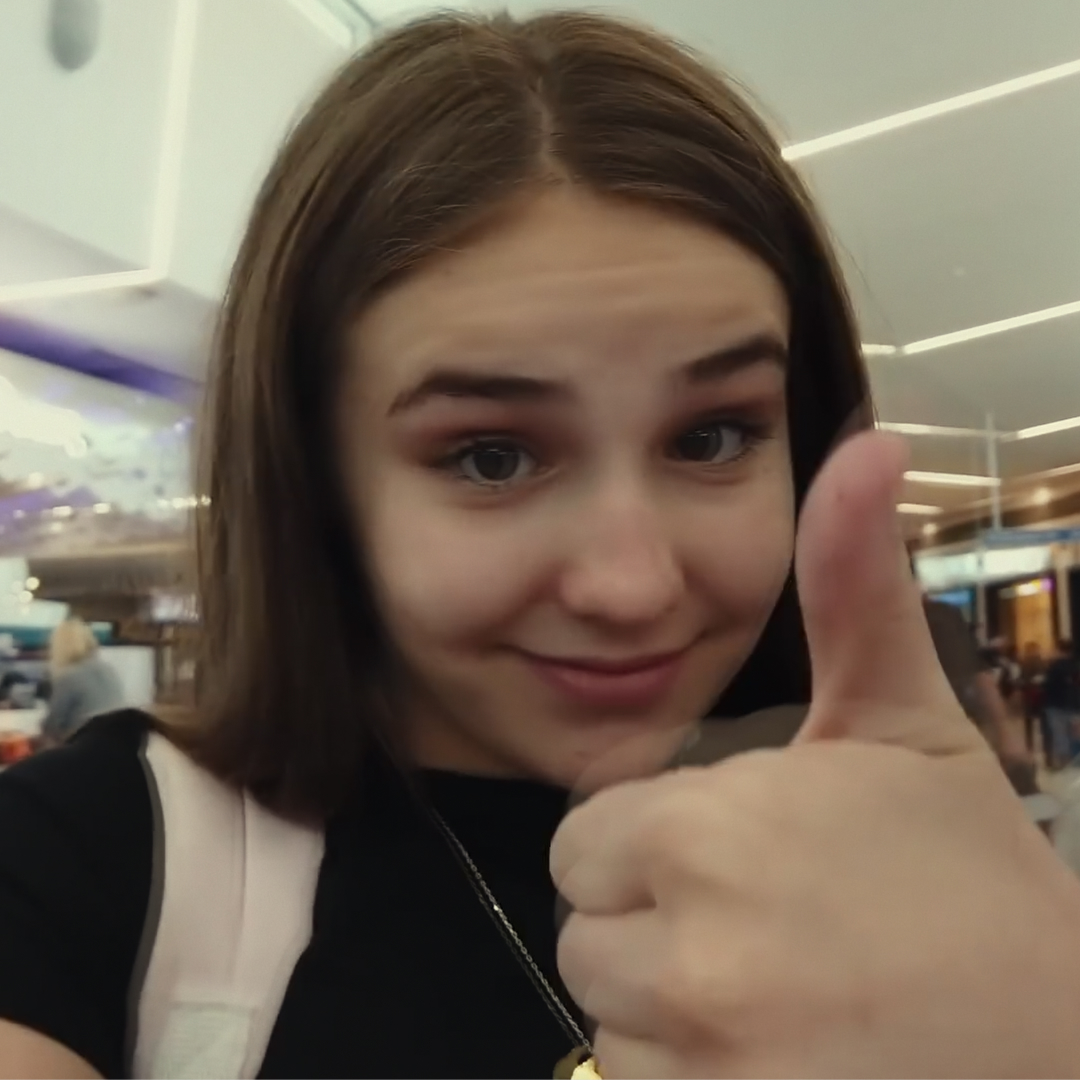 Where Is Piper Rockelle Now? What We Know About the Subject of 'Bad Influence: The Dark Side of Kidfluencing'
Where Is Piper Rockelle Now? What We Know About the Subject of 'Bad Influence: The Dark Side of Kidfluencing'The documentary examines a kidluencing empire and the lawsuit against it.
By Quinci LeGardye
-
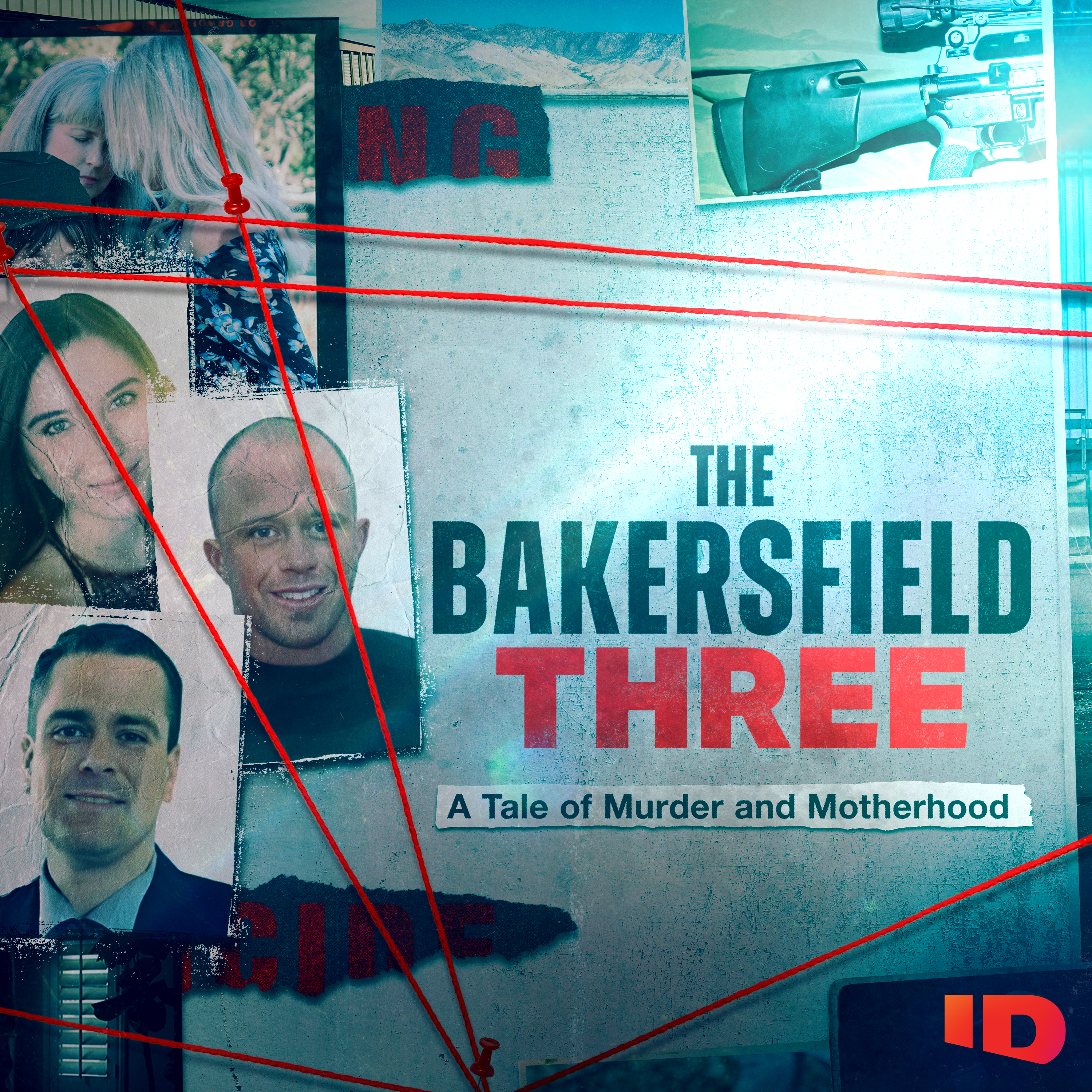 The Trailer for Must-Watch True Crime Docuseries 'The Bakersfield 3' Has Landed
The Trailer for Must-Watch True Crime Docuseries 'The Bakersfield 3' Has LandedIt's based on a 2022 story published in 'Marie Claire'.
By Iris Goldsztajn
-
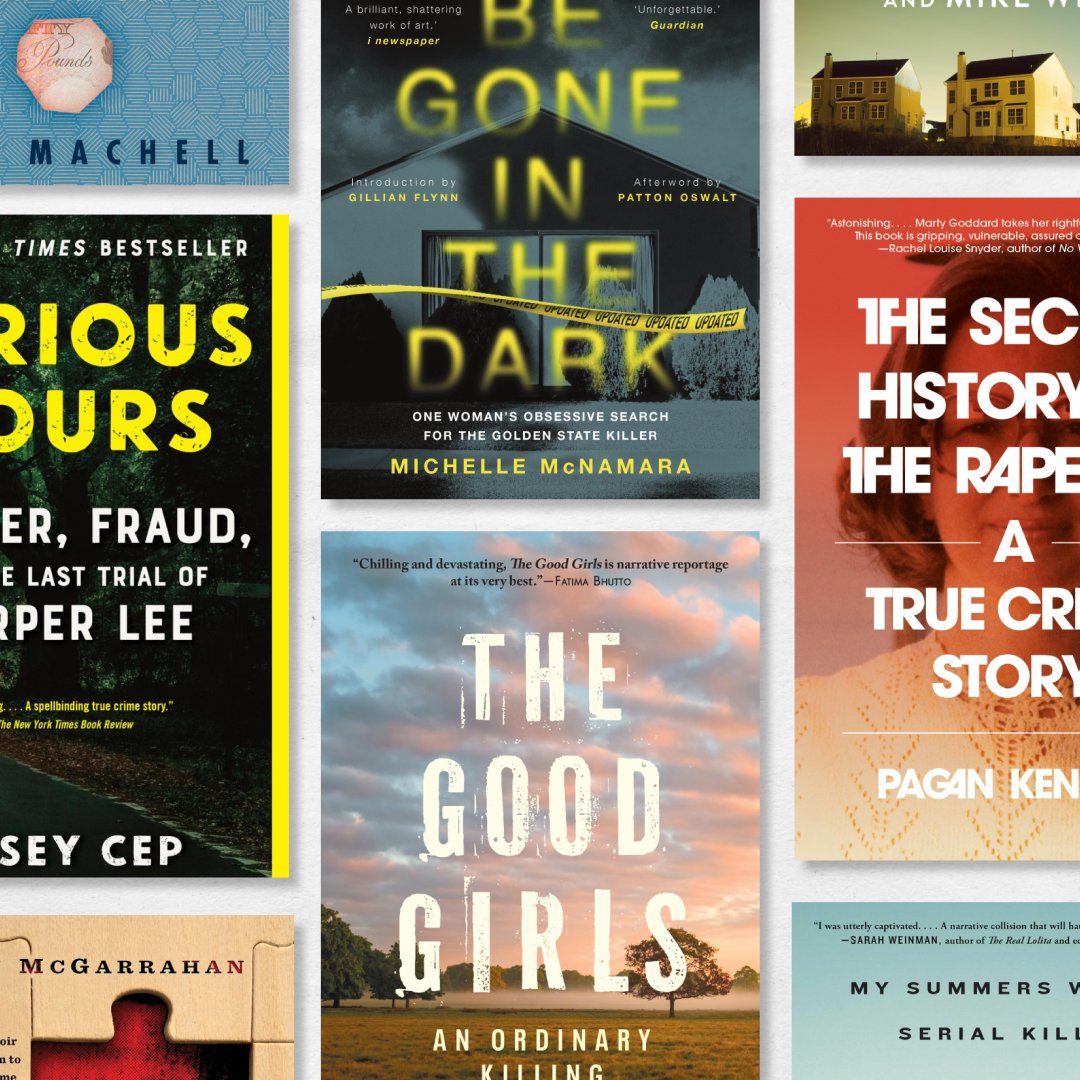 The 20 Best True Crime Books to Read in 2025
The 20 Best True Crime Books to Read in 2025These nonfiction titles and memoirs about serial killers and scammers are the definition of page-turners.
By Andrea Park
-
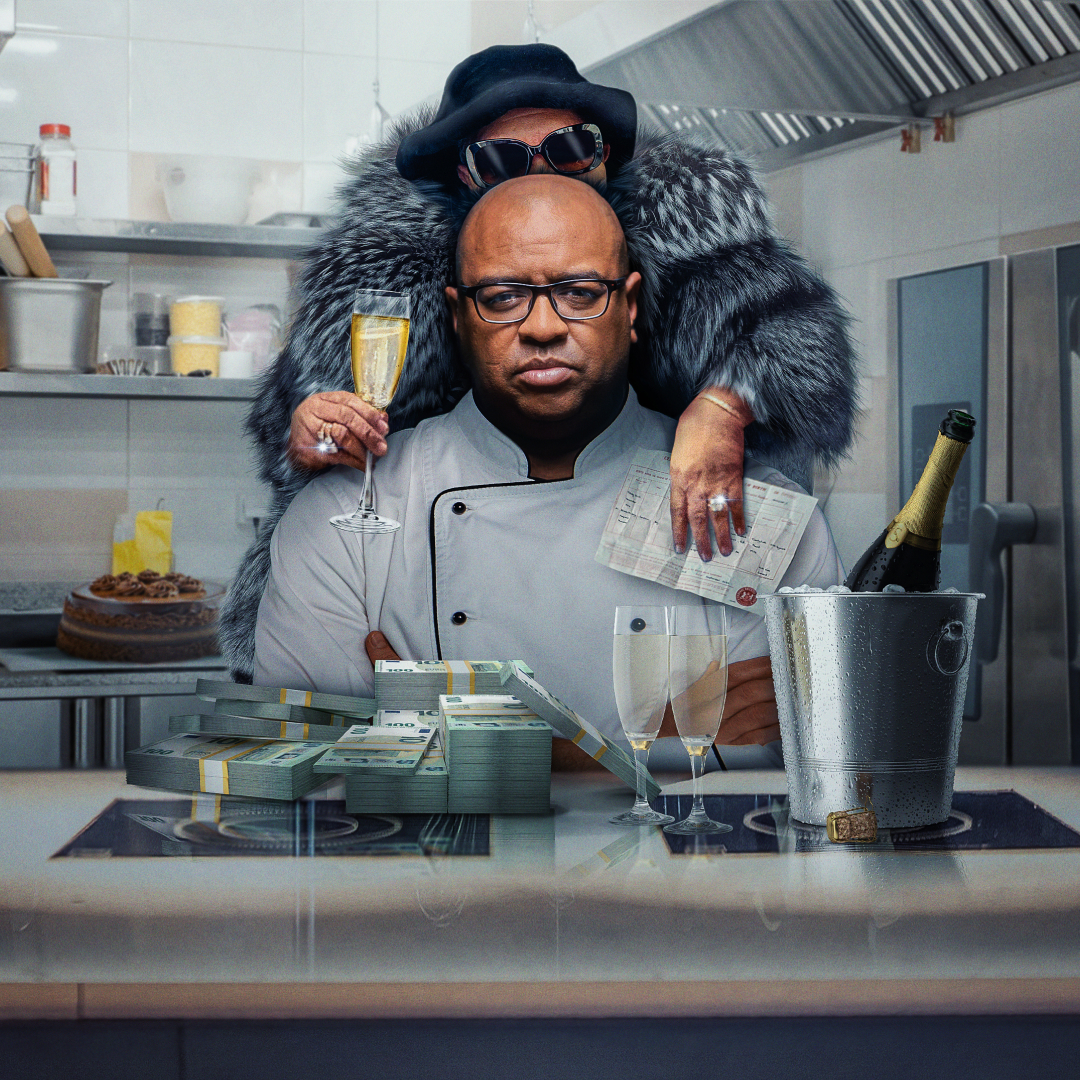 Where Is Graham Hornigold Now? What We Know About the 'Con Mum' Subject
Where Is Graham Hornigold Now? What We Know About the 'Con Mum' SubjectThe renowned pastry chef is on the hook for over £300,000.
By Quinci LeGardye
-
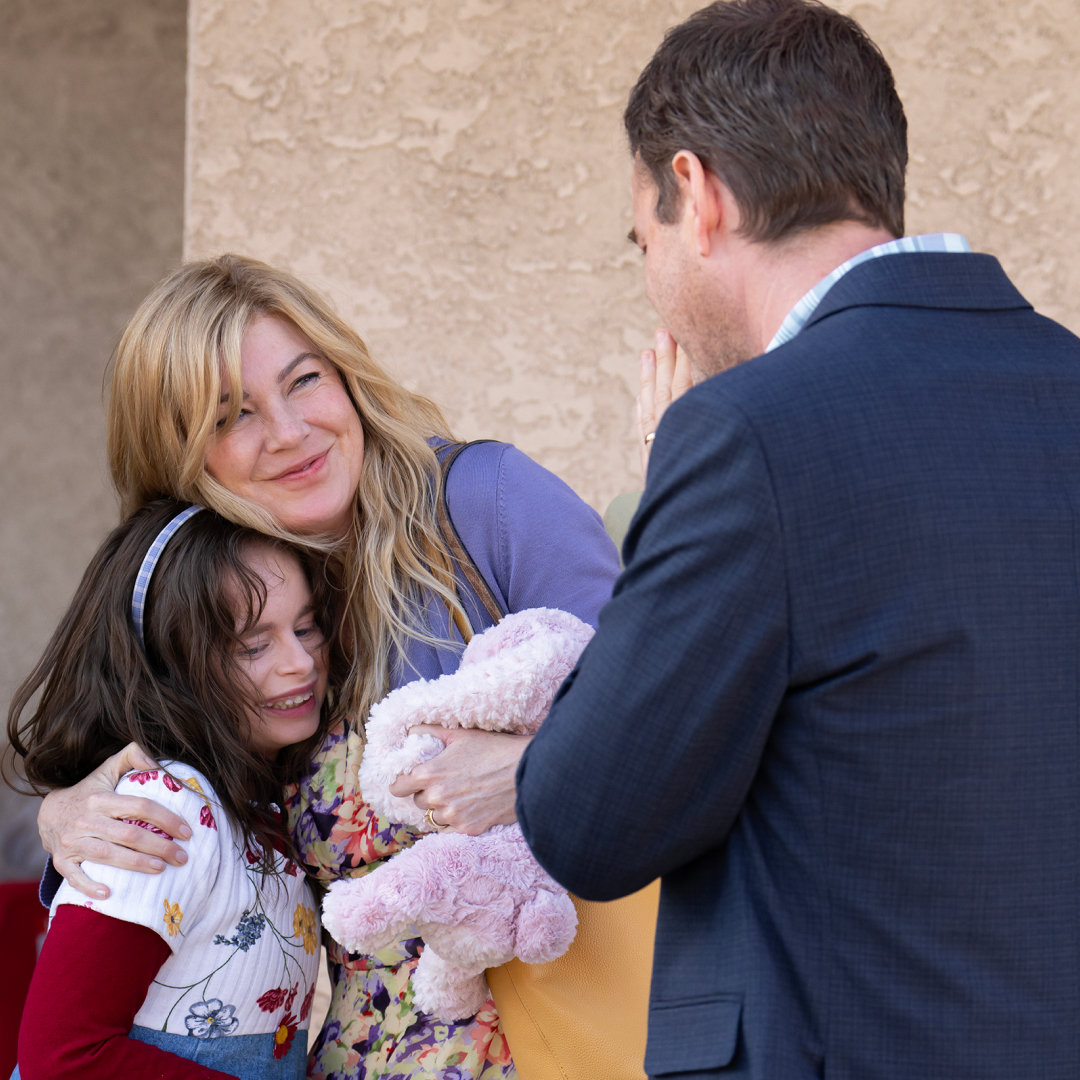 Is 'Good American Family' Based on a True Story? What to Know About Natalia Grace and the Barnett Family
Is 'Good American Family' Based on a True Story? What to Know About Natalia Grace and the Barnett FamilyThe Ellen Pompeo-led Hulu series explores one of the most sensationalized cases in recent years.
By Radhika Menon
-
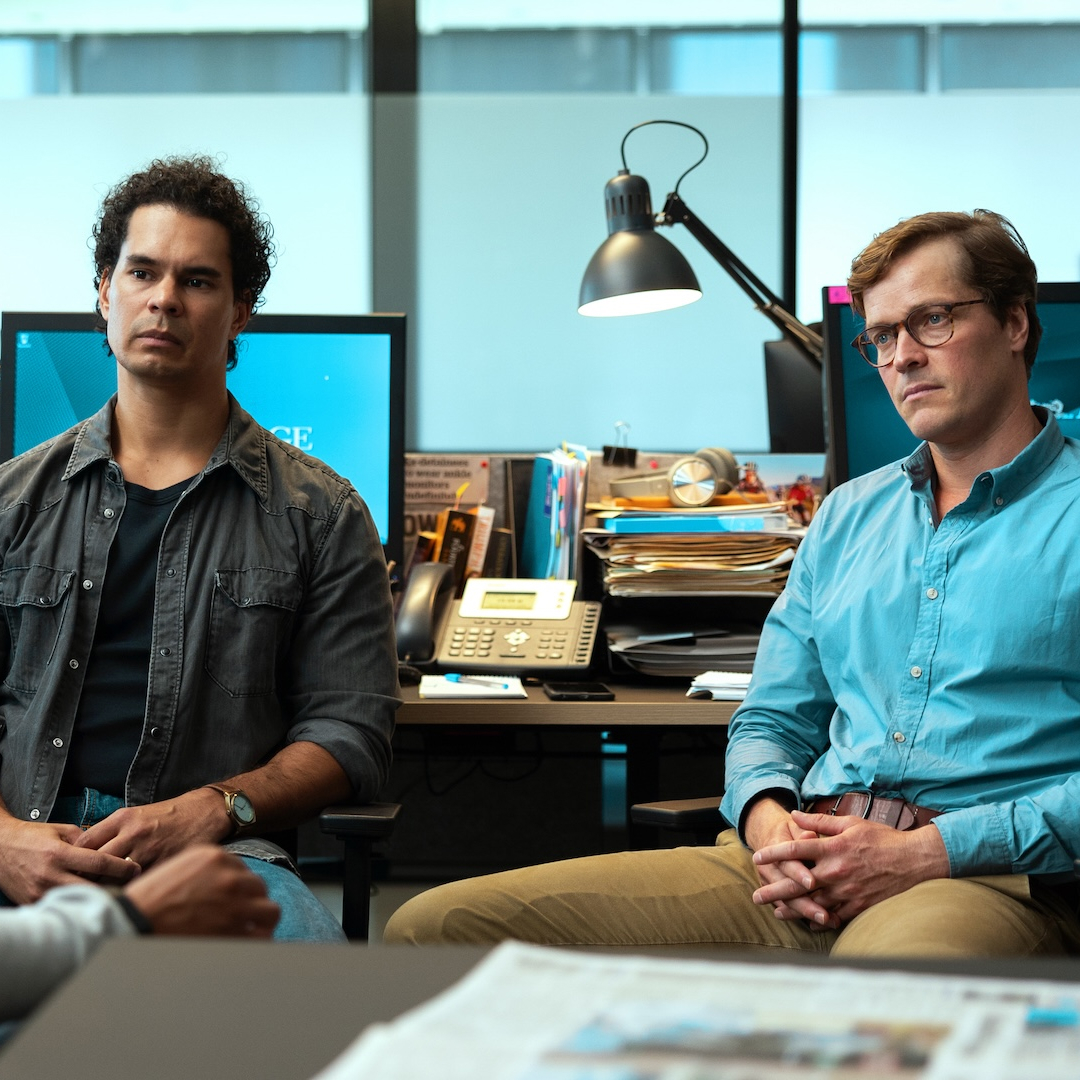 How Beau Donelly and Nick Toscano Uncovered the True Story of 'Apple Cider Vinegar'
How Beau Donelly and Nick Toscano Uncovered the True Story of 'Apple Cider Vinegar'The Netflix true-crime hit is based on their book 'The Woman Who Fooled The World.'
By Quinci LeGardye
-
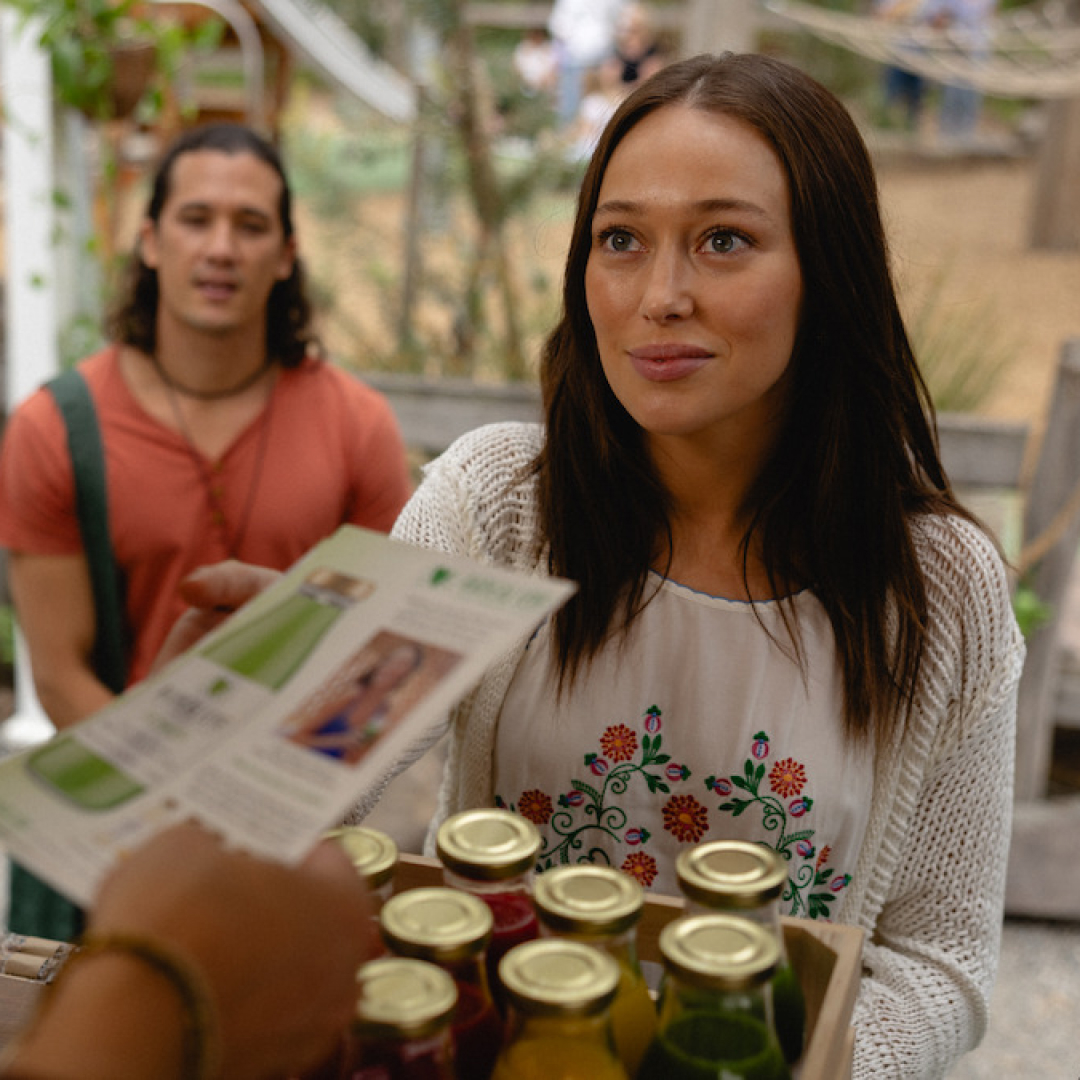 What to Know About Milla Blake of 'Apple Cider Vinegar,' and the Real-Life Influencer Who Inspired the Character
What to Know About Milla Blake of 'Apple Cider Vinegar,' and the Real-Life Influencer Who Inspired the CharacterThe self-nicknamed "wellness warrior" treated her illness through alternative means.
By Quinci LeGardye